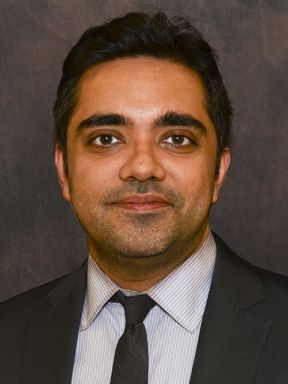Looking to Genetics and Nutrition for a Cure
Each patient has unique genetic and environmental histories that must be accounted for in developing therapeutic strategies.
At Weill Cornell Medicine, our researchers are pursuing a translational initiative that incorporates a patients’ genetics and nutrition to cure pancreatic disease. In particular, they are trying to understand the relative roles of defined genetic alterations and environmental impacts (including nutrition) in the progression and resistance to standard therapies.
To achieve this goal, the Department of Surgery has built a translational team consisting of leaders in stem cell biology and cancer. They have been tasked with developing innovative and novel strategies to find new cures that target pancreatic disease, including cancer and diabetes.
In particular, our team is committed to precision medicine and the development of therapeutic strategies that can be tailored to a patient, rather than a generic treatment for a disease.
Pancreatic Cancer Program
With the aim of advancing transformative discoveries in pancreatic cancer care and research, the Leandro P. Rizzuto Foundation has pledged gifts totaling $6.5 million to support pancreatic cancer initiatives at Weill Cornell Medicine, specifically within the Department of Surgery and the Sandra and Edward Meyer Cancer Center,
A signification portion of this gift, $5.5 million, will establish the Pancreatic Cancer Program, a new program that aims to forge translational strategies and move discoveries from the research side into the clinical arena.
This program will ultimately support the Department of Surgery’s ongoing research in understanding the critical genes and environmental factors that include the development of pancreatic cancer, which is often undiagnosed until quite late.
The new program will be co-directed by Dr. Fabrizio Michelassi and Dr. Todd Evans.





